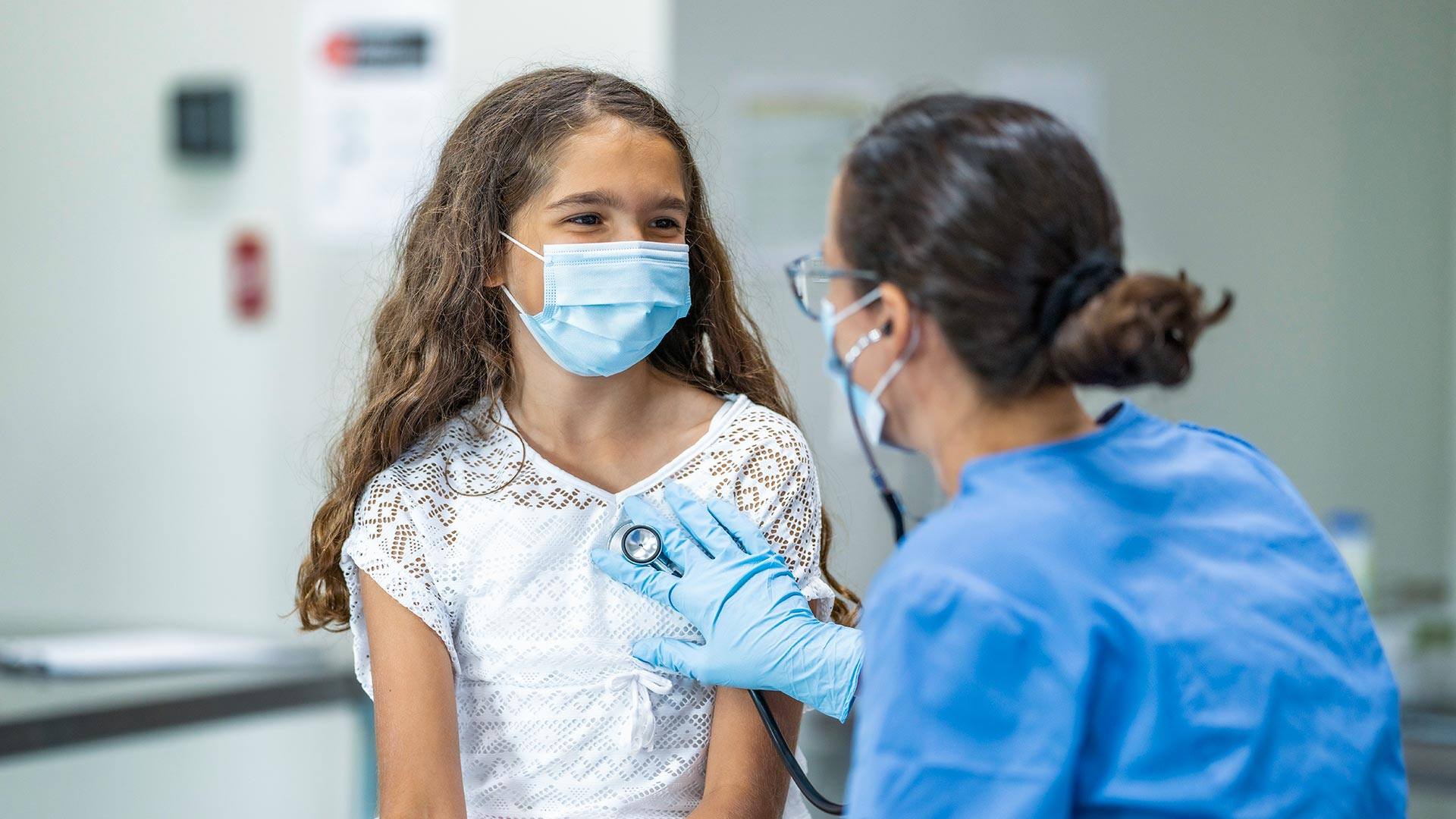Food allergies are common, with 4% to 6% of children and 4% of adults having one. A food allergy is a response from your immune system to eating a particular food or additive. According to the Centers for Disease Control and Prevention (CDC), most food allergies are caused by milk, eggs, peanuts, tree nuts, shellfish, soy and wheat. Allergic reactions to these foods can vary from a tingling around the mouth to hives to difficulty breathing and even death.
Food Allergy vs. Food Intolerance
A food allergy occurs when your immune system releases chemicals — called antibodies — in response to a specific trigger or food allergen. The allergic reaction involves the immune system overreacting to a foreign substance by releasing histamine. The histamine triggers the allergy symptoms.
In contrast, food intolerances can occur because of a contaminant on the food or an enzyme deficiency in you — not because of the food itself. For example, if you are lactose intolerant, you have a deficiency of an enzyme called lactase, which is needed to digest lactose — a sugar present in milk.
When Do Food Allergies Develop?
Food allergies can occur at any age, but are more prevalent in children. However, children usually outgrow their food allergies. Adults also can develop food allergies. Age is not the primary reason your immune system may get triggered by allergenic foods. Heredity, environment and the existence of other food allergies can all contribute to a new food allergy.
Symptoms of a Food Allergy
Everyone’s immune system responds differently to a food allergy and symptoms can range from irritating to life-threatening. If you or someone you know is showing life-threatening symptoms, you should seek emergency care immediately by calling 911.
Some physical symptoms include:
- Hives
- Shortness of breath
- Tight, hoarse throat or trouble swallowing
- Wheezing
- Vomiting and/or stomach cramps
- Repetitive coughing
- Shock or circulatory collapse
- Swelling of the tongue, affecting the ability to talk or breathe
- Anaphylaxis, a potentially life-threatening reaction that can send the body into shock
When to Get Tested for Food Allergies
If you suspect your child has a food allergy, contact your child’s pediatrician immediately to discuss the most appropriate time for allergy testing. In the meantime, make sure your child avoids contact with the trigger food. Remember allergic reactions can vary in severity, so a mild first reaction does not guarantee a mild subsequent one.
Likewise, if you believe you have a food allergy, avoid consuming and contact with the food, and make an appointment to discuss your symptoms with your doctor. 
Living with Food Allergies
If you develop food allergies, some lifestyle changes may reduce the risks of triggers when dining out or at home. In restaurants, ask the wait staff if the food is prepared with or comes in contact with your specific allergen. In grocery stores, pay close attention to food labels and check the ingredients list. Some manufacturers provide a precautionary warning term such as “may contain,” which alerts consumers of possible trace amounts of the allergen in the food by cross contact through processing. The term “contains” signifies the listed allergen is in the product.
In some cases, food allergies can be treated with immunotherapy, such as allergy shots to slowly get your immune system accustomed to the allergen with the hope that long-term, consistent exposure to the allergen lessens or resolves the severity of the reaction over time.
Other allergy management strategies include:
- Taking your allergy medication as prescribed
- Wearing an allergy alert bracelet or necklace
- Keeping a food diary that includes the food you eat and the allergy symptom
Food allergies can range from inconvenient to life-threatening. If you suspect you or your child are experiencing an allergic reaction to a food, contact your doctor immediately.
To book an appointment with Jacquline, call (352) 394-4071 ext. 4917.
Choose to Stay in Touch
Sign up to receive the latest health news and trends, wellness & prevention tips, and much more from Orlando Health.
Sign Up for HealthBeat





